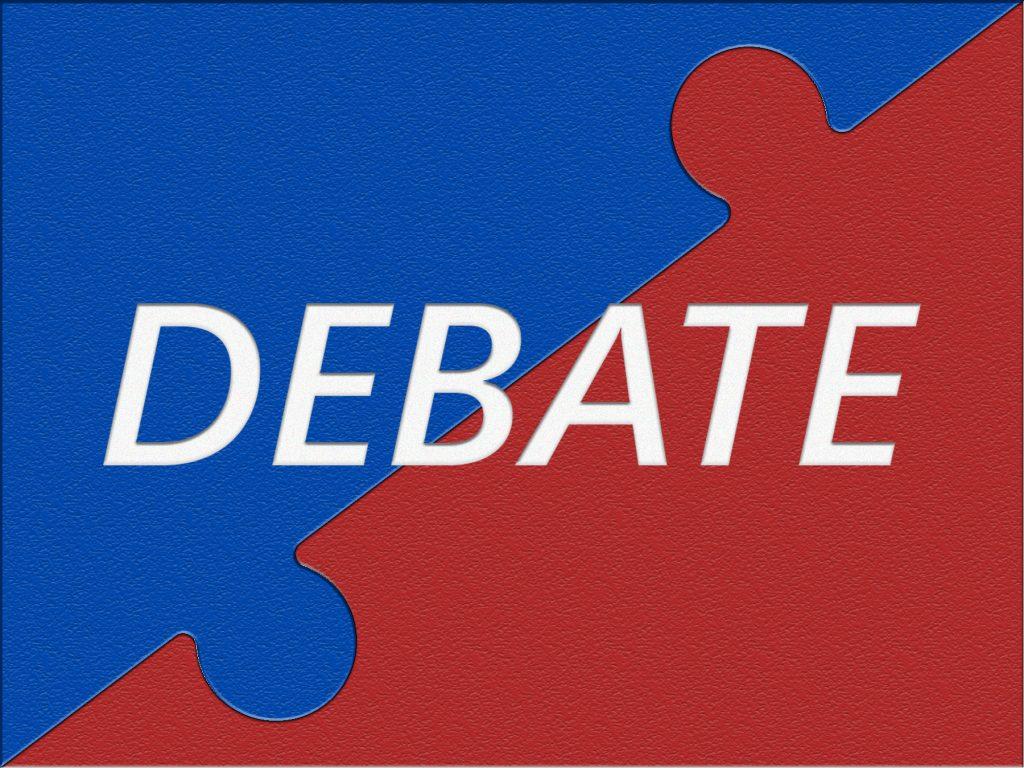Pro: The idea of free anything usually sounds crazy, and that can certainly be said of free textbooks too, but it can be looked at as an investment.
Textbooks are one of the most important parts of an education, and whenever people talk about making education more affordable there is the argument that if college is more affordable more people will be able to attend and make greater contributions to society and the economy. Things like needs-based scholarships do this to some extent, but most students still need to take out sizable student loans, largely for books. Many students fail to pay back their student loans when “buy back” and other forgiveness programs turn their bill over to the taxpayers.
Free books also don’t need to be as expensive as one may think. These days most textbooks are available online in digital formats, which saves much of the cost that would normally go toward the materials and time required to print a physical copy. These days a lot of things online come to us “free” because they are monetized in other ways such as the inclusion of advertisements and there’s no reason that textbooks couldn’t be handled in this way.
Con: A big problem with free textbooks is that it ceases to be beneficial to the author of the book since many people who write textbooks do so to earn money or to get their name better known. It’s clear why the first reason for writing a textbook would be a moot point if the textbook was free. The second reason is a bit more nuanced. First, a lot of work goes into a textbook, so to earn nothing from it, even if you’re getting your name out there, seems a bit extreme. Second, since textbooks might need updating as more information comes to light, it would be a long-term project—even more work than just a one-time thing. To gain nothing but a small recognition for the work you put into it would not be enough for most who would consider writing a textbook. This could lead to a loss of information in circulation if readers refuse to obtain a book that isn’t free, and authors choose not to write a book that is free.
Part of the problem with free textbooks is that it costs the author time and money. Even if you aren’t publishing the traditional way, there are still going to be costs for research, editing, formatting, etc. It would certainly be cheaper since there’s no paper, ink, or binding necessary, but for a textbook to be free, authors would still be creating it at a cost to themselves. Other methods of making money to cover the costs have the problem creating a conflict of interest. How much should a reader trust an online source about American Government if the advertisements are all supporting only one type of ideology, political party, social movement, etc? And if the educational source is open to user’s input, it becomes even less trustworthy as a source.
Pro side debated by Jon Jaehnig





